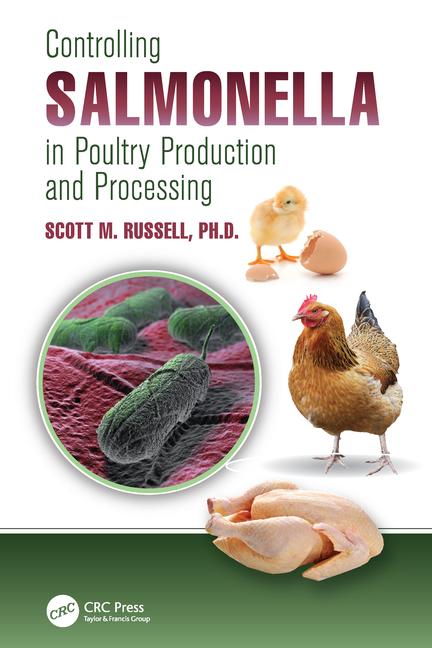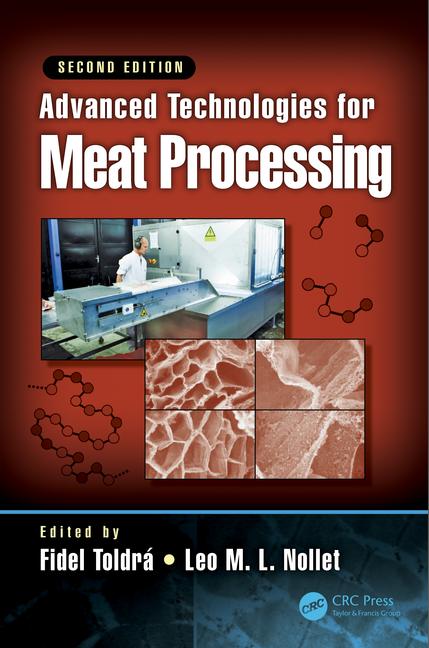Neogen launches improved rapid test for Salmonella enteritidis

 Neogen Corp. has significantly improved its Reveal® rapid lateral flow test for Salmonella enterica serovar Enteritidis, and has launched the improved test as Reveal 2.0 for Salmonella enteritidis.
Neogen Corp. has significantly improved its Reveal® rapid lateral flow test for Salmonella enterica serovar Enteritidis, and has launched the improved test as Reveal 2.0 for Salmonella enteritidis.
The improved test for Salmonella enteritidis (SE) provides results in only 10 minutes after a 48-hour sample enrichment. Unlike other rapid tests for SE, Reveal 2.0 for Salmonella enteritidis follows the National Poultry Improvement Plan (NPIP) enrichment procedure which uses MSRV as the secondary enrichment. Using this protocol provides a significant time savings when confirming positive test results, as enriched samples can immediately be plated using the NPIP’s recommended cultural confirmation procedure.
“Continuous innovation for our broad range of rapid tests is a corporate commitment to our customers, and we are very pleased to launch this new and improved test that will both simplify SE detection and improve consistency of results,” said Gerry Broski, Neogen’s marketing director for Food Safety. “Reveal 2.0 for Salmonella enteritidis enables the industry to get quicker results and provides the accurate answer they need to manage their flocks and egg production. Given the heightened concern for contaminated eggs, time is of the essence in the test and analysis workflow, and we are confident this new test will delight our customers with its speed and performance.”
In July, the U.S. Food and Drug Administration (FDA) implemented the last set of SE-reduction regulations that stemmed from the 2009 Egg Safety Rule. The rule requires shell egg producers to implement measures to prevent SE contamination during the production process, storage and transport.
Reveal 2.0 for Salmonella enteritidis is initially validated for use in testing environmental drag swabs, and soon will expand to include eggs. A NPIP approval for the new Reveal 2.0 procedure is anticipated in 2013.
In a release, the FDA stated egg-associated illness caused by Salmonella is a serious public health problem. Infected individuals may suffer mild to severe gastrointestinal illness, short-term or chronic arthritis, or even death. Implementing the preventive measures is estimated to reduce the number of Salmonella enteritidis infections from eggs by nearly 60 percent. Foodborne illness caused by SE typically occurs after eating raw, incompletely cooked, or contaminated eggs.
Neogen Corporation develops and markets products dedicated to food and animal safety. The company’s Food Safety Division markets diagnostic test kits to detect foodborne bacteria, natural toxins, genetic modifications, food allergens, drug residues, plant diseases, and sanitation concerns, and dehydrated culture media.
Looking for a reprint of this article?
From high-res PDFs to custom plaques, order your copy today!








